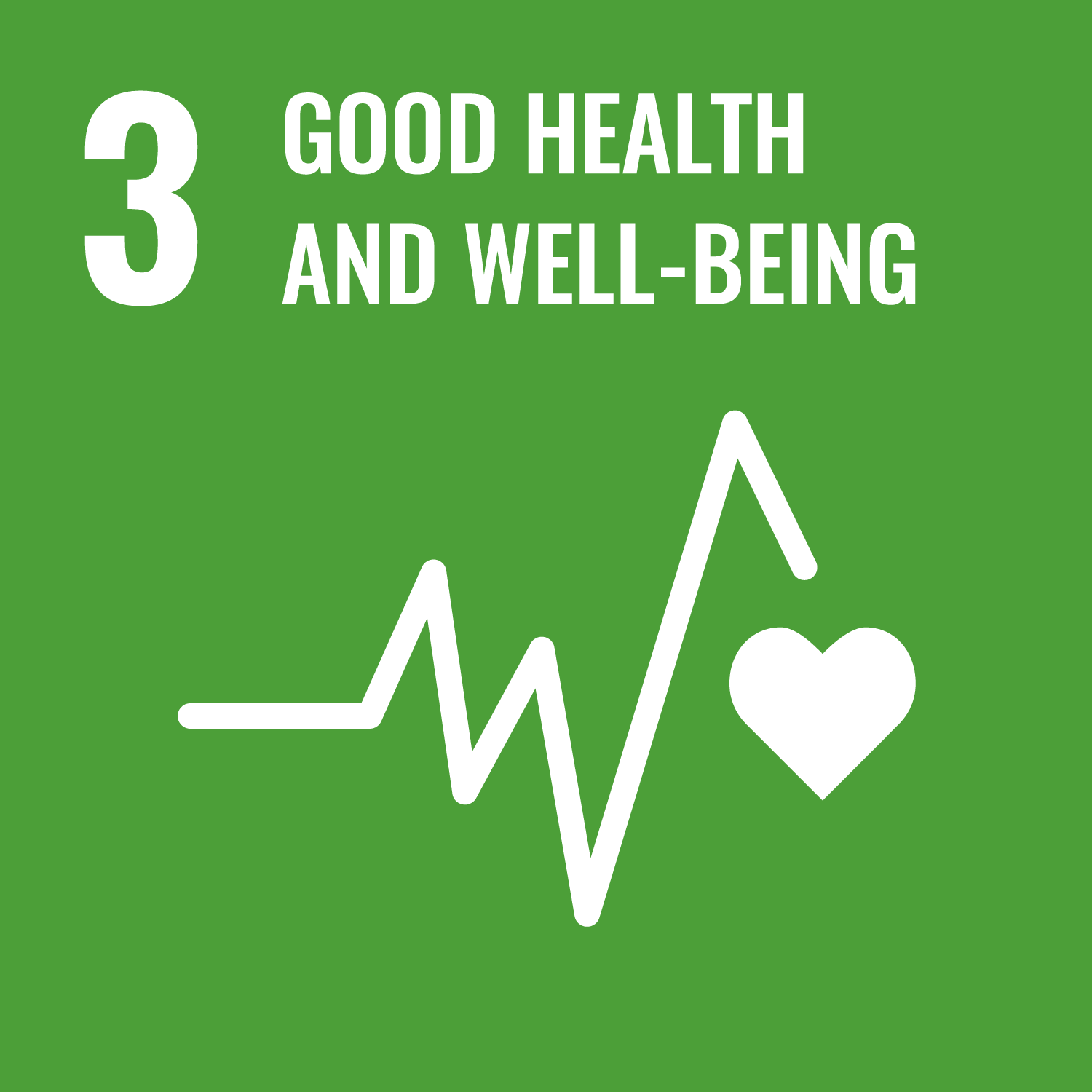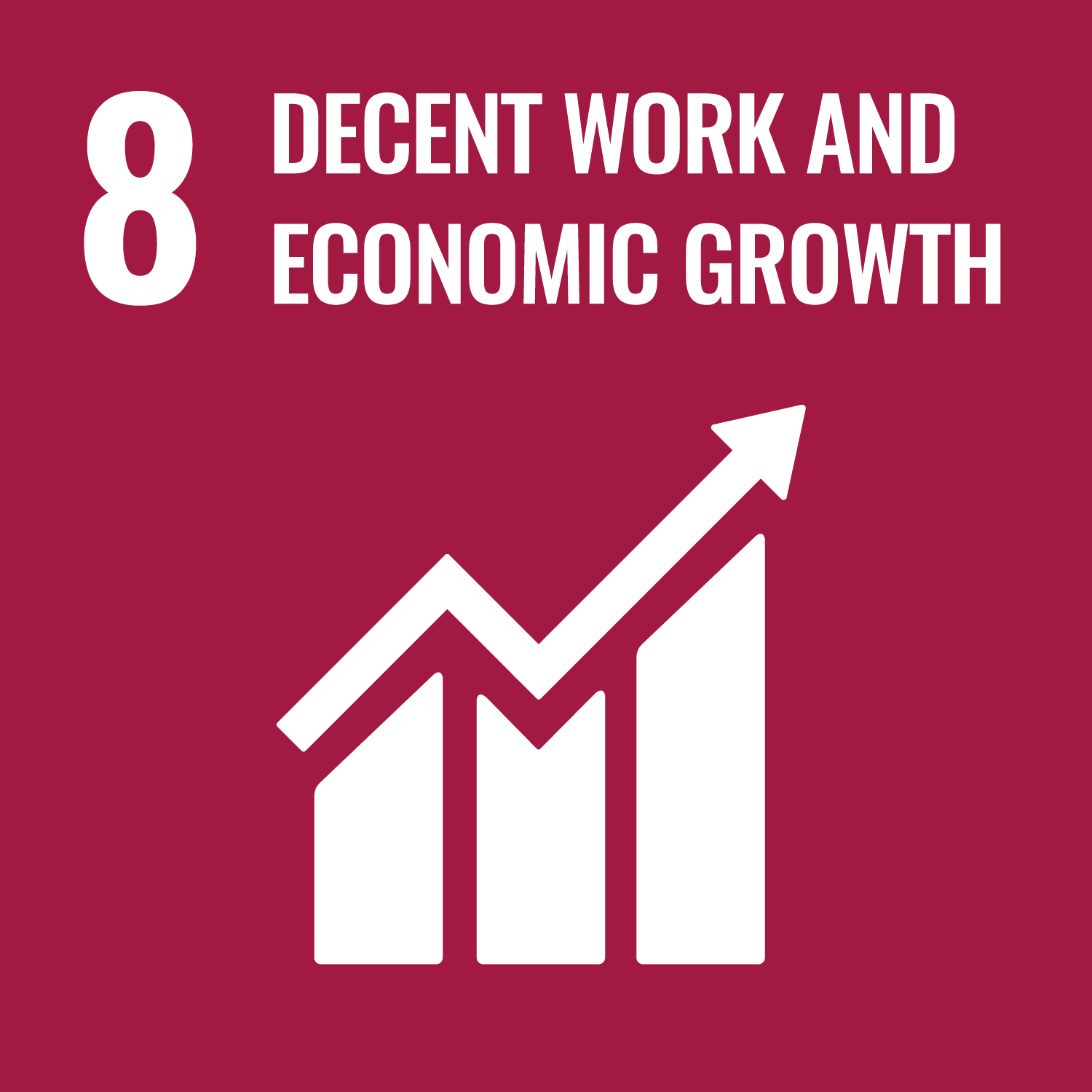This report is one of a series of four released by APCOM in late 2020 looking at the economic inclusion of people with diverse SOGIESC in four counties in South-East Asia, namely: the Philippines, Lao PDR, Indonesia and Cambodia .
This report provides a detailed summary of the current human rights context in the Philippines and how it relates to LGBTQI people. It highlights that currently the inclusion of the LGBTQI community varies significantly across the country. Currently 18 cities have developed policies to address discrimination faced by LGBTQI people. In 2000 a national anti-discrimination bill was drafted, however it has yet to pass due to a strong anti-LGBTQI lobby.
The research in the Philippines was undertaken by Babaylanes Inc between July and October 2019. The research focused on the human rights situation for the LGBTQI community in the Philippines, their social inclusion and their experiences in accessing education, health and financial services. The research involved focus groups with 23 research participants who were all members of the LGBTQI community in the Philippines.
The research participants acknowledged some progress towards inclusion in the labour market as LGBTQI Filipinos are now visible in politics, the media and corporate industries. However, companies can still legally discriminate against a job candidate on the basis of their SOGIESC. Heteronormative and cissexist conditions were also listed as barriers to inclusion in the workforce by many participants.
Gay and lesbian participants did not report direct barriers limiting access to establishing bank accounts. However, heteronormative assumptions and policies did prevent participants registering partners of the same gender under insurance beneficiaries. Participants also reported barriers in accessing loans due to stigma attached to their LGBTQI identity. Transgender participants reported banking staff not accepting their identity documents.
Discrimination and bullying in educational institutions was widely reported by the research participants. Transgender participants reported the most extreme cases of discrimination. Being misgendered by teachers and strict gendered uniforms were highlighted as prominent issues for transgender students.
Barriers in accessing adequate health facilities were particularly noted by gay, transgender and bisexual cisgender male participants who reported discrimination in HIV testing centres. The prevalence of mental health issues and a lack of counselors who are adequately trained to respond to the particular needs of the community is also highlighted as a primary issue for the LGBTQI community in the Philippines.
Based on the findings the repot offers 13 recommendations that the government, private sector and LGBTQI organisations can implement to address the structural barriers that effect the social and economic inclusion of LGBTQI people in the Philippines.








